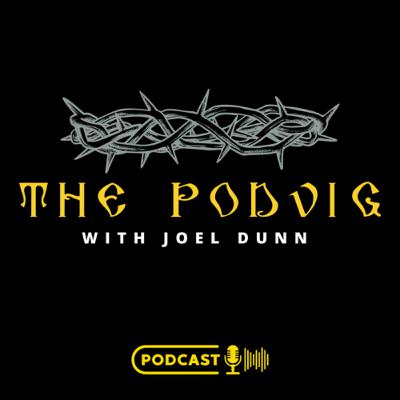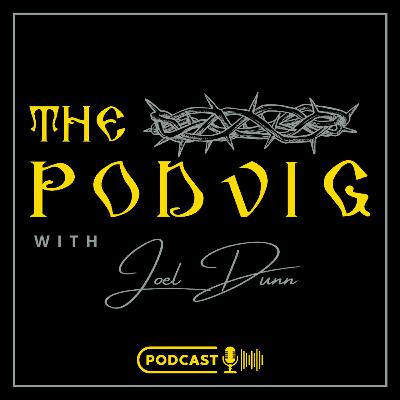19: Essence, Energies, and the Nature of Reality (Part 1)
Description
St. Gregory Palamas teaches that “[God] is not revealed in his essence (ousia), for no one has ever seen or described God's nature; but he is revealed in the grace (charis), power (dynamis) and energy (energeia) which is common to Father, Son and Spirit … Distinctive to each of the three is the person (hypostasis) of each… Shared in common by all three are not only the transcendent essence - what is altogether nameless unmanifested since it is beyond all names, manifestation and participation - but also the divine grace, power, energy, radiance, kingdom and incorruption, whereby God enters through grace into communion and union with the holy angels and the saints. “
In the book, The Orthodox Way, we learn that God “is outside all things according to his essence’, writes St Athanasius, ‘but he is in all things through his acts of power.’ ‘We know the essence through the energy’, St Basil affirms. ‘No one has ever seen the essence of God, but we believe in the essence because we experience the energy.’”
St. Maximus the Confessor put it this way: "God - who is truly none of the things that exist, and who, properly speaking, is all things, and at the same time beyond them - is present in the logos of each thing in itself, and in all the logoi together, according to which all things exist …”
Orthodox Christian Andrew Williams beautifully distills St. Maximos’ teaching. He says:
“Without God, nothing is just nothing. And yet with God, out of nothing comes everything. He creates ex nihilo. In a sense, we can say that he imagines everything into being… Just like the icon painter, he puts the veils over nothing, and we come into being… individual, real persons in the image of God, each of us a veil over the face of God; each of us an icon of ultimate Reality.
For Orthodox Christians, man as an icon of God may seem obvious at first glance, but let us consider this carefully.
So what does it mean to be fashioned as an icon of God?
In Colossians 1:15 St. Paul tells us that Christ is the “icon” of the invisible God, the firstborn of all creation.
St. Gregory the Theologian says of this verse, “He is called “image” because he is of one substance with the Father; he stems from the Father and not the Father from him, it being the nature of an image to copy the original and to be named after it. But there is more to it than this. The ordinary image is a motionless copy of a moving being. Here we have a living image of a living being, indistinguishable from its original.”
This ability to apprehend the knowledge of God and to participate in His divine energies is that likeness of being, which renders us icons. Our souls, enlivened by the breath of God, have the capacity to receive the sacraments of the Church, by which God imparts to us His grace and His very life to those who have been given “the right to become sons of God.”’
But to what end?
St John of Damascus says that “although man, by reason of the infirmity of his body, is capable of repentance, the angel, because of his incorporeality, is not.”
Both Angels and man possess reason, intelligence, knowledge and agency. But only man is subject to mortality, which allows for his repentance. Man was expelled from the garden before eating of the tree of life, so that he would not attain immortality and solidify his corruption.
For Christ taught that resurrected men are immortal and equal to the angels. Luke 20:36
It is the capacity to repent, to return to God and be healed of the wounds of sin that God preserved in mankind so that, according to St. Paul, his body could be sown in corruption and raised in incoruption by receiving the energies of God.







